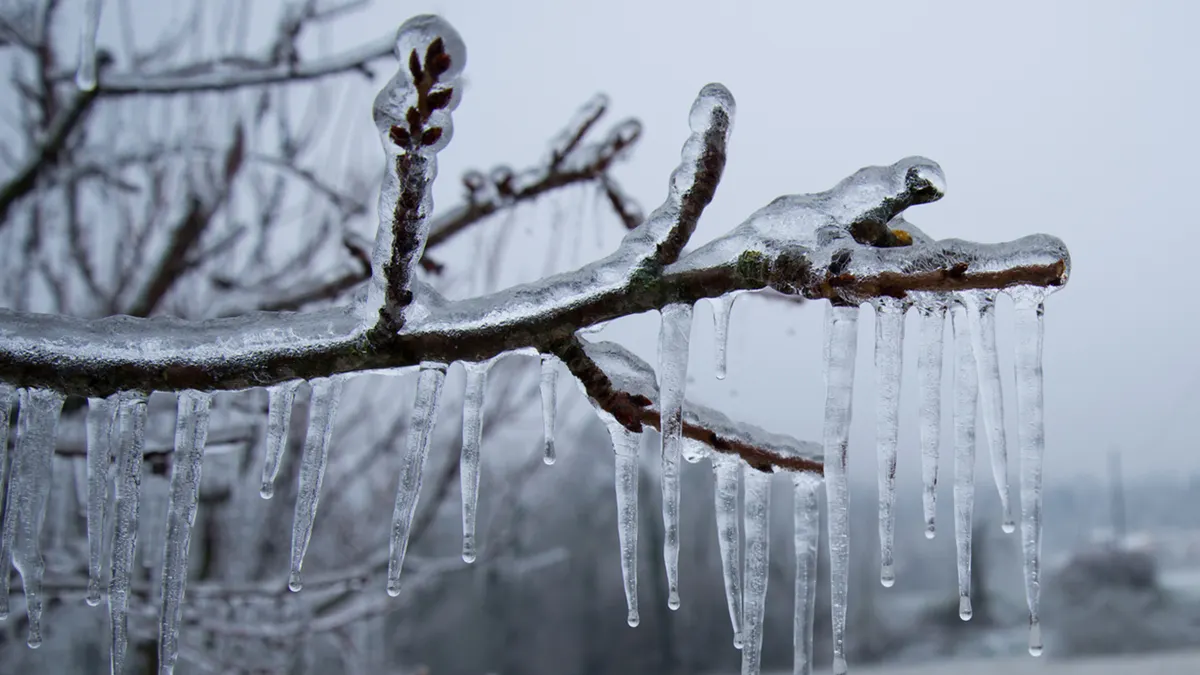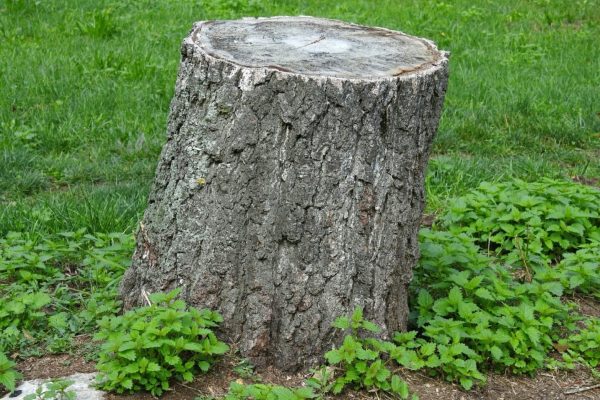Though you can’t control the weather and its intensity, you can control how ready you are for it and your response. That said, homeowners should prepare for freezing temperatures and the precipitation that comes along with them.
Freezing rain is one of the most damaging forms of precipitation, combining everything problematic about excess moisture with everything dangerous about ice. Here are four hazards to have a contingency plan for should the forecast be out of your favor:
Table of Contents
1. Burst Pipes
The most common concern when temperatures drop is the chance of your pipes bursting. Burst pipes are an incredibly destructive and frustrating problem for any homeowner. They cause water damage, expensive repairs, and far too much stress to handle in the middle of winter. But with some quick prevention and mitigation techniques, you can put those worries to rest.
First and foremost, disconnect any plumbing fixtures outside. Many homeowners miss this step, but it could be key to avoiding damages.
Next, remember that any pipes up against an external wall are also at risk. Ensure these walls have proper insulation, or go even further and wrap these pipes with additional insulation. Check your pipes regularly throughout the winter, and have a professional inspect them before temperatures drop so you know they’re ready to handle the coming storm.
2. Water Damage
Water damage isn’t exclusive to the winter season, but it’s certainly more complicated during it. Freezing rain or a wintry mix could act as a combined one-two punch of the problems that come from moisture (like mold growth) and the problems that come with ice (like damage to building materials).
Again, prevention is your best friend here. Don’t hesitate to inspect every potentially vulnerable area of your home. See if you must address these areas with minor fixes or major repairs. If you notice water damage, do whatever you can to prevent it from worsening.
Unfortunately, ice can make weak materials very unstable, which means that even if you didn’t notice a problem with something initially, the weight of the ice could cause it to finally crack or break, allowing water to leak into your home.
3. Garage and Garage Door Damage
Garage doors and ice are practically archnemeses. Yet, the biggest issue with garages and ice damage isn’t that there’s a different way to address it compared to the rest of your home. Instead, people just forget about the garage in the winterizing process entirely. It’s also not prioritized for repairs, sometimes understandably so, but that only furthers the chances that an ice storm will bring its full wrath upon it.
Fortunately, you can put an end to that bitter rivalry. And if you keep up with your garage’s maintenance, you can avoid issues like door damage altogether. Your goal should be to use the same winterizing techniques to protect your home and your garage. A damaged garage isn’t necessarily as bad as a hole in your bedroom ceiling, but it’s still something no one wants to deal with, winter or not.
4. Clear Gutters
Gutters also take a beating during winter. Snow and ice alone can clog them and put their durability to the test, but freezing rain and winter storms can cause them to come toppling down, damaging your home’s siding in the process. The severe onslaught of water from the unclean gutters can pool around your home, causing it to freeze over or pool around your home’s foundation, neither of which is ideal.
With that said, you’ll want to start every winter with clean gutters. It’s safest to have a professional take on the task for you, but you should also keep an eye on them throughout the season, noting if there are any potential problems with them whenever the weather gets out of hand.
A Helping Hand With Winter Hazards
There’s no stopping the wildness of a winter storm. But with enough preparation and know-how, you can at least find a way to tame its wrath against your home. Stay vigilant about the damage from freezing rain and temperatures, and you’ll avoid the costly problems homeowners endure when the weather takes unexpected turns.


